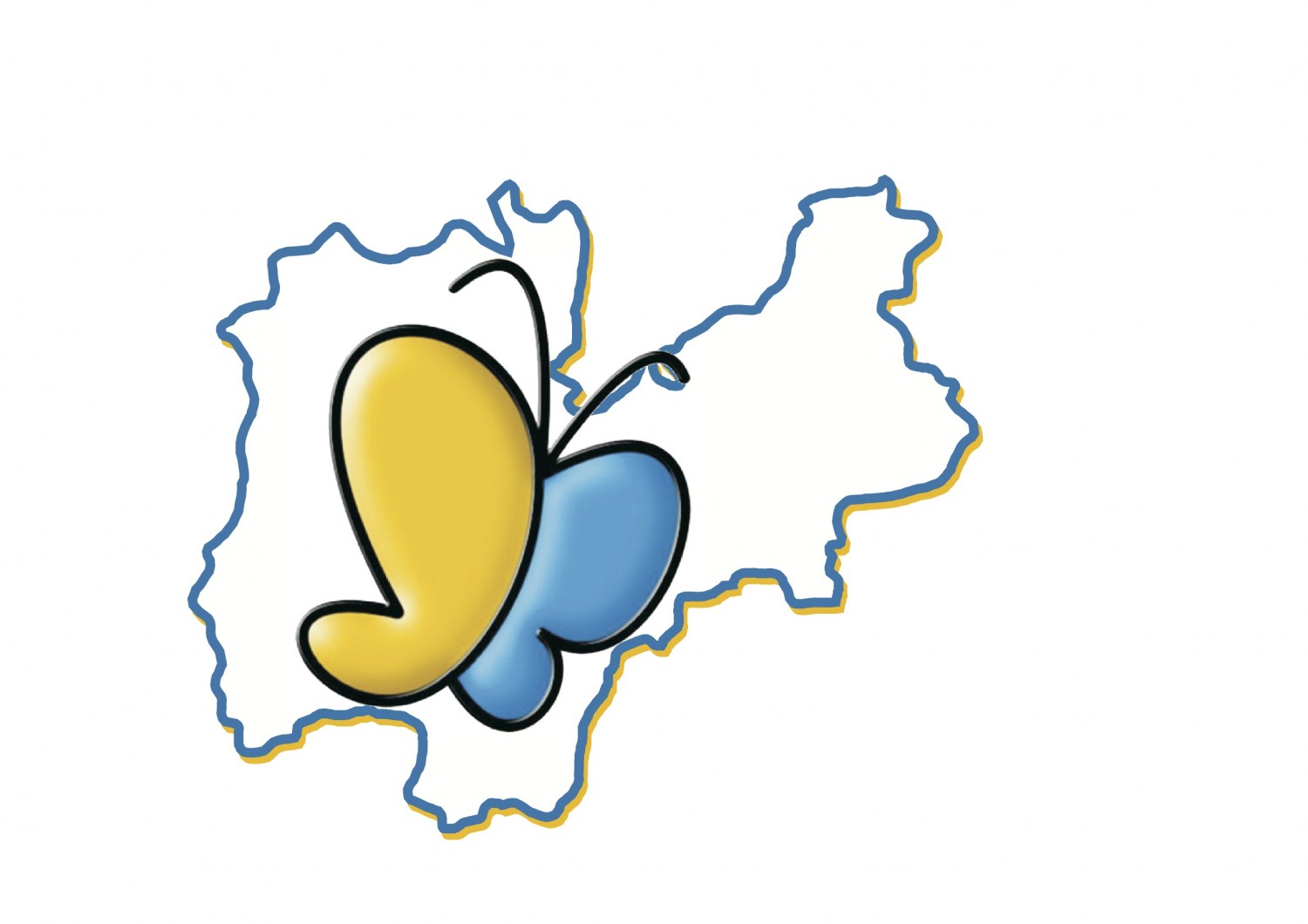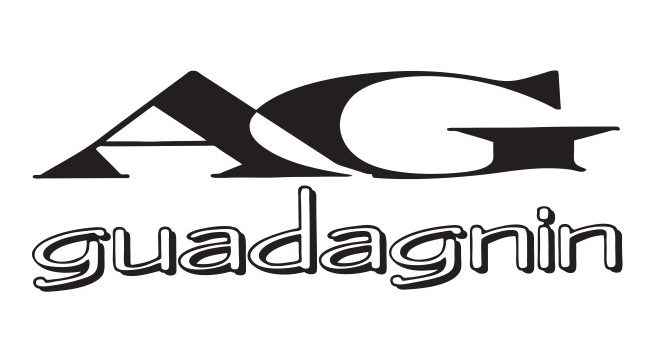Antimicrobial resistance, i.e. the ability of microorganisms to withstand antimicrobial treatments, is one of the most serious global public health threats in this century. Resistant infections can be difficult, and sometimes impossible, to treat. This phenomenon is of extreme relevance for people with cystic fibrosis (CF), as they are more prone to infections by opportunistic pathogens such as Mycobacterium abscessus (Mab). Mab causes indeed chronic pulmonary disease, and has been associated with poor clinical outcomes in the CF patients population, especially following lung transplantation. Mab drug therapy is extremely long, taking up to 2 years of treatments. It is based on antibiotic regimens with substantial side effects, including severe nausea, deafness, and impaired liver function and its failure causes an accelerated lung function decline. Mycobacterium abscessus is also intrinsically resistant to many drugs, due to the acquisition of new multi-drug resistance (MDR) phenotypes. Few new drug formulations active against Mab are present in preclinical and clinical development, and new strategies are now mandatory.
Bacteriophages are viruses evolved to recognize bacteria only with high specificity, and not other hosts like humans (they are absolutely safe in this sense towards humans).
The research project presented here aims to use bacteriophages to treat mycobacterial lung infection. The researchers will copy and recreate specific bacteriophages proteins to design an antibody able to selectively kill Mab without inducing any antibiotic resistance. The antibodies will be delivered in cells infected by Mab thanks to polymeric nanoparticles.
CHI HA ADOTTATO IL PROGETTO
Associazione Trentina Fibrosi Cistica Odv – In ricordo di Silvio Pellegrini

€ 20.000

€ 8.000
Gruppo di sostegno FFC Ricerca Grottaglie

€ 10.000
Gruppo di sostegno FFC Ricerca di Magenta Milano

€ 10.000

€ 15.500
Gruppo di sostegno FFC Ricerca di Casarile Milano

€ 10.000
